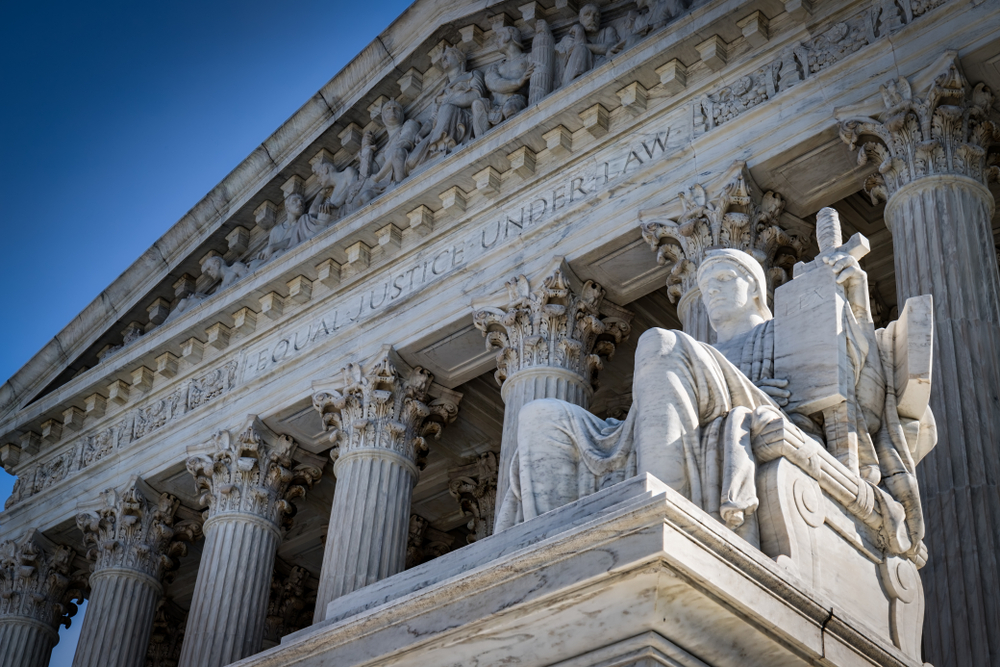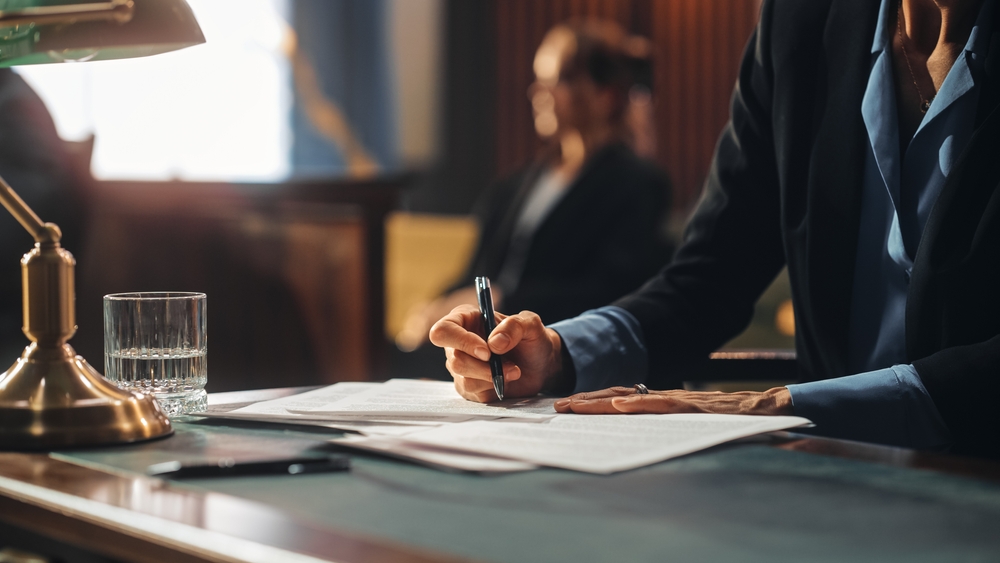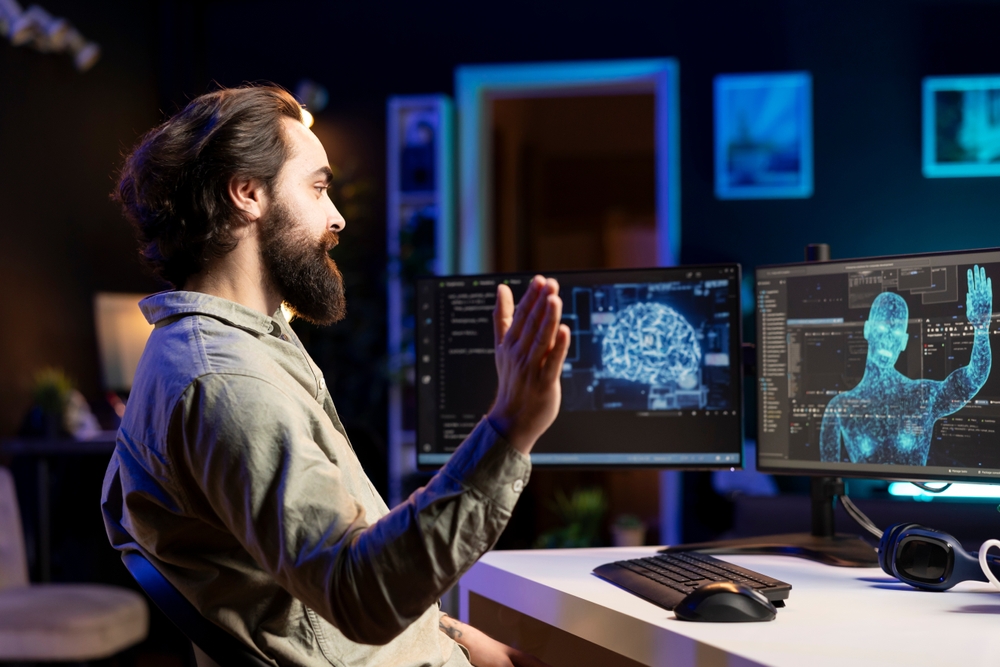AI and Copyright Lawyers: Threat, Challenge, and Opportunity

“AI is creeping into everything we do, and doing so daily.” – Tamara Céline Winegust
Whether artificial intelligence (AI) will create more or less work for copyright lawyers is a question that demands a multi-layered response.
“The answer depends on the kind of AI you’re talking about, bearing in mind that it’s a huge topic, embracing everything from basic analytical tools to generative AI,” says Tamara Céline Winegust, a Principal in the Toronto office of Smart & Biggar LP.
It’s early days, to be sure, but there’s little doubt that AI integration into copyright practice is here to stay.
“AI legal research tools are anticipated to expedite summarising and analysing the law and legal documents, and generative AI tools can help with creating and editing content,” Winegust says. “This will raise fundamental questions around the value of work and how to train new lawyers and agents to do legal work in an AI environment.”
While the analytical tools may reduce the number of humans required to execute certain processes, people—albeit likely fewer people—will always remain in the loop.
“We’re already seeing the importance of having humans with a degree of expertise in the loop, both to oversee the prompts and determine whether the output is accurate,” Winegust says. “Customs may change, but lawyers will always be required.”
Indeed, while there’s no doubt that while AI tools may reduce the need for human involvement at certain steps, those very same processes can increase the demand for lawyers at others. Consider, for example, that AI’s ability to (wittingly or unwittingly) produce content that infringes copyright will likely increase the number of enforcement proceedings.
It is also important to remember that discussing the analytical powers of AI speaks only to the demand for lawyers in the “loop”—which is to say, the internal processes that AI will render more efficient for legal professionals. What it does not address is the impact that generative AI will have on the demand for lawyers from the business community and the public generally.
“Traditionally, issues of copyright arose just between creators and a closed set of more or less sophisticated users, and the interaction of citizens “en masse” was not a factor,” Winegust says. “But with the ubiquity of electronic devices, and the ability that those devices now have to reproduce and create works with very little effort or training on the part of users, many more individuals are taking actions that interact with copyright than ever before.”
The ubiquity of these interactions and the enormous trove of AI-generated content flooding the market mean that disputes over ownership and infringement are likely to rise. And because uncertainty is to the growth of the legal profession what water is to plants, the fact that AI-related copyright jurisprudence and legislation are still in their formative stages are anticipated to spur demand for copyright law experts.
So too will the complexities inherent in key issues such as the level of human involvement required to attract copyright protection (the current law in most jurisdictions is that authors must be human, or at least legal “persons”). Clients’ questions related to the use and licensing of AI-generated works, negotiating and drafting contracts dealing with machine authorship, and litigating disputes over AI input and output, all necessitate new, nuanced approaches to copyright practice.
On the ethical and regulatory side, the use of AI in the creative process raises issues around privacy, bias, and transparency that clients and the legal system have not previously encountered.
As AI-generated content can be distributed immediately across borders and technologies, questions relating to the applicable law, jurisdiction, and international treaties take on new breadth and the special complexity that inevitably surrounds cross-border issues.
“AI is creeping into everything we do, and doing so daily,” Winegust says. “In my practice, I’m constantly fielding questions around issues like input, output, user-generated content exceptions, fair use and fair dealing.”
Finally, history suggests that the evolution of technology almost always generates more legal work—not less. Since the Internet became widely accessible to the public in the late 1990s, intellectual property has been among the fastest-growing legal specialties globally.
This is particularly true for copyright law, which, as little as 20 years ago, was a niche specialty, and the volume of copyright disputes and licensing issues was far lower. Reflecting the increased demand, many IP firms, including IPH member firms like Smart & Biggar, have entire teams dedicated to copyright law.
“Similarly to what we’ve observed in the last 20 years, the evolution of technology is opening up new perspectives on copyright issues and protections,” Winegust says.








